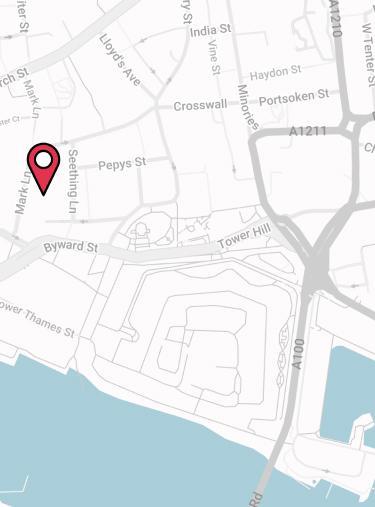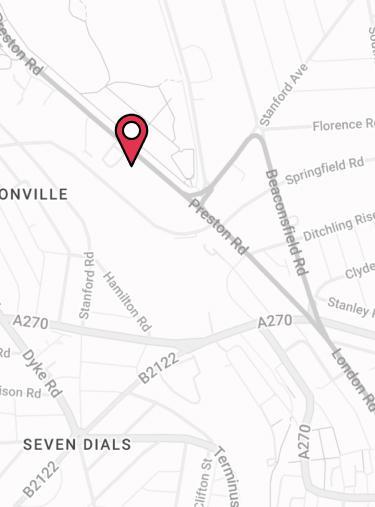Can I Avoid Inheritance Tax on the Family Home?
Like most houses in our area, the value of our home has skyrocketed over the last 25 years. My wife and I now worry that our family home will present our two children with a nasty inheritance tax bill. Is there anything we can do that won’t cost an arm and a leg?
Currently you and your spouse enjoy an inheritance tax nil-rate band of £325,000 each for a joint inheritance tax allowance of £650,000.
At the start of the 2017/18 tax year, all UK residents will also qualify for the new main residence allowance which starts at £100,000 per person. It’s scheduled to rise incrementally in each of the following three tax years and to reach £175,000 by the 2020/21 tax year, when it will then rise in line with consumer price inflation (CPI).
This means that by April 6th 2020, you and your spouse will enjoy a combined inheritance tax allowance of £1 million which can be offset against your property before any inheritance tax is due.
Although this sounds generous, it may not be sufficient to spare your estate from inheritance tax – especially as your allowance will also be required to cover the value of any other assets you may have.
This means you need to plan carefully to reduce the potential tax bill you pass along to your children. There are a number of simple things you can do before considering more complex arrangements.
Avoiding Inheritance Tax on the Family Home
First you need to decide whether it’s the family home itself that you want to leave to your children or just the value that it has come to represent. Given a few years to plan, it may be easier to pass along the value locked up in your home if it’s been turned into cash. So you need to balance the benefits of a sale against your own needs in the coming years.
Make Use of Inheritance Tax-Exempt Gifts
There are detailed rules around giving gifts that reduce the size of your estate for inheritance tax purposes. HMRC allows you and your spouse an ‘annual exemption’ of £3,000. You can also make a host of smaller gifts each year as well as being able to help support family members or to make regular payments from excess income, all free of inheritance tax.
These are valuable exemptions as they can help to reduce the value of your estate and so cut down the amount of IHT that it inevitably attracts.
Gifting Property to Your Children to Reduce Inheritance Tax
The next option might be to consider gifting the family home to your children. However, there are a number of drawbacks to this approach, not least of which are the complex rules that surround such arrangements.
For example, if you gift your home to your children but you continue to live there, it will remain part of your estate and so be liable to IHT when you die – regardless of when you may have made the gift.
To avoid this, you’ll need to pay a market rent and your share of the bills, although any rent you pay will be subject to income tax for your children. You’ll also need to live for 7 years.
Another issue is how well you get on with your children and their spouses. If you choose to sign over your property to them it naturally becomes their asset.
If relations deteriorate or if, for example, your children then divorce, you could find the house being sold out from under you. Equally, your property could become subject to a bankruptcy settlement for your children.
If you should outlive your children, then you could find yourself living in a property that’s now owned by their beneficiaries.
Capital Gains Tax
The issue is further complicated by the risk of capital gains tax (CGT). If you gift your property to your children, as it won’t be their main residence, any gains above the £12,000 annual allowance will be subject to 18% tax for basic-rate tax payers and 28% for higher rate tax payers.
Remember to include potential care costs when making your plans. Local councils have the power to reverse any transfer of ownership if they deem that the transfer was a “deliberate deprivation of assets” calculated to avoid residential care home fees.
- Topics
- Inheritance Tax
- Retirees
Frequently Asked Questions
Can We Avoid Inheritance Tax on ISA Portfolios?
How can we pass our buy-to-let properties to our beneficiaries with the least amount of inheritance tax?
We Have No Children – Can We Still Make Use of the New Main Residence Allowance?
How Can I Avoid Inheritance Tax for My Beneficiaries?
What's the Inheritance Tax Threshold for Married Couples?
Contact Us
125-135 Preston Road
Brighton
BN1 6AF
Cookies
Drewberry™ uses cookies to offer you the best experience online. By continuing to use our website you agree to the use of cookies including for ad personalization.
If you would like to know more about cookies and how to manage them please view our privacy & cookie policy.



